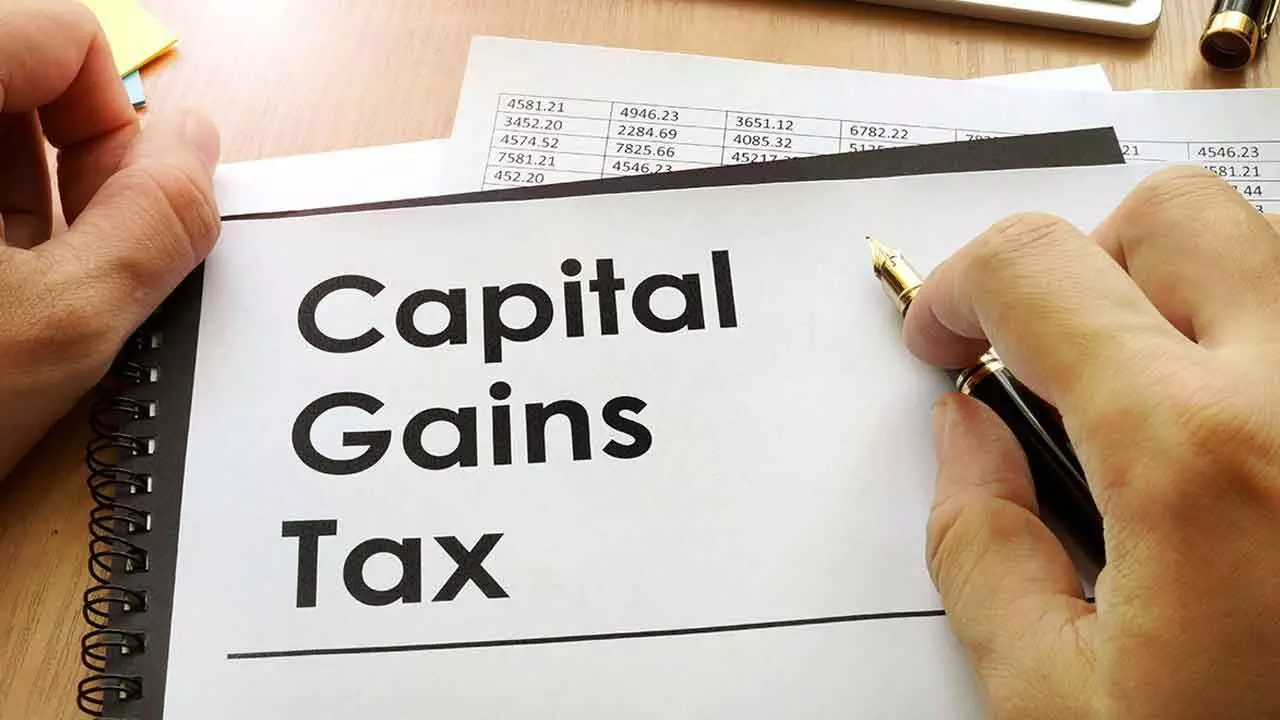Amendment to LTCG taxation rates to provide relief to realty
The taxpayers can compute their taxes under the new scheme at 12.5 per cent without indexation and old scheme at 20 per cent with indexation and pay such tax which is lower of the two
Amendment to LTCG taxation rates to provide relief to realty

The flexibility now provided to taxpayers to compute taxable gains under both the scenarios also removes administrative inconvenience and simplifies tax computation without any potential loss to the seller on properties acquired before July 23 - Vimal Nadar, Senior Director & Head of Research, Colliers India
Mumbai: Govt has moved the amendment to provide relief for real estate under LTCG regime. Govt will allow taxpayers to avail either lower rate of 12.5 per cent without indexation or higher 20 per cent rate with indexation if property acquired prior to July 23, 2024. Relief proposed in respect of taxation of immovable property.
In the case of transfer of a long-term capital asset, being land or building or both, by an individual or HuF, which is acquired before the 23rd day of July, 2024, the taxpayers can compute their taxes under the new scheme at 12.5 per cent without indexation and old scheme at 20 per cent with indexation and pay such tax which is lower of the two.
Talking to Bizz Buzz, Pritam Chivukula, Co-Founder & Director, Tridhaatu Realty and Vice President, Credai-MCHI says, "The recent amendment proposed by Finance Minister Nirmala Sitharaman to allow taxpayers the option to choose between a 12.5 per cent LTCG rate without indexation or a 20 per cent rate with indexation for properties acquired before July 23, is a welcome relief for the real estate industry. This balanced approach not only addresses the concerns raised by stakeholders but also provides homeowners with flexibility in managing their tax liabilities.”
The initial proposal to eliminate indexation benefits had sparked significant apprehension within the sector, as it threatened to impact the growth momentum we've been working hard to maintain. By reintroducing these options, the government has shown its responsiveness to the industry's needs and the broader economy. This move will encourage continued investment in real estate, providing stability and fostering confidence among both developers and homebuyers. We commend the government's decision and look forward to continued collaboration to support sustainable growth in the sector, he said. The government’s amendment to not enforce the revised taxation rules on long term capital gains arising out of sale of land and buildings retrospectively is expected to boost investors’ and homeowners’ sentiment and thus the real estate sector at large. The discretion to opt between higher tax rate with indexation and lower tax rate without indexation, whichever results in lower tax liability in property sales, aims to avoid higher tax expense in cases where the gains are not significant to offset the indexation benefits over time.
Vimal Nadar, Senior Director & Head of Research, Colliers India says, “The flexibility now provided to taxpayers to compute taxable gains under both the scenarios also removes administrative inconvenience and simplifies tax computation without any potential loss to the seller on properties acquired before July 23.”
At a time when housing sales are stabilising at higher levels than the past average, this amendment is timely and will aid in allaying concerns around taxability of capital gains. Akhil Saraf, Founder and CEO, Reloy says, “I’m glad the government is partially undoing the change. However entry and exit costs of real estate - stamp duty needs to be re looked.
5-6 per cent on buying and selling real estate vs 0.1 per centSTT on equities is inherently unfair to the largest job creating sector.”
Post removal of indexation benefit in the Union Budget 2024-25, investors adopted a wait-and-watch approach to reassess their investment strategies.
However, Shrinivas Rao, FRICS, CEO, Vestian feels that the government's recent announcement to restore the indexation benefit is expected to boost supply in the secondary market and stabilise demand-supply dynamics by attracting investors.

